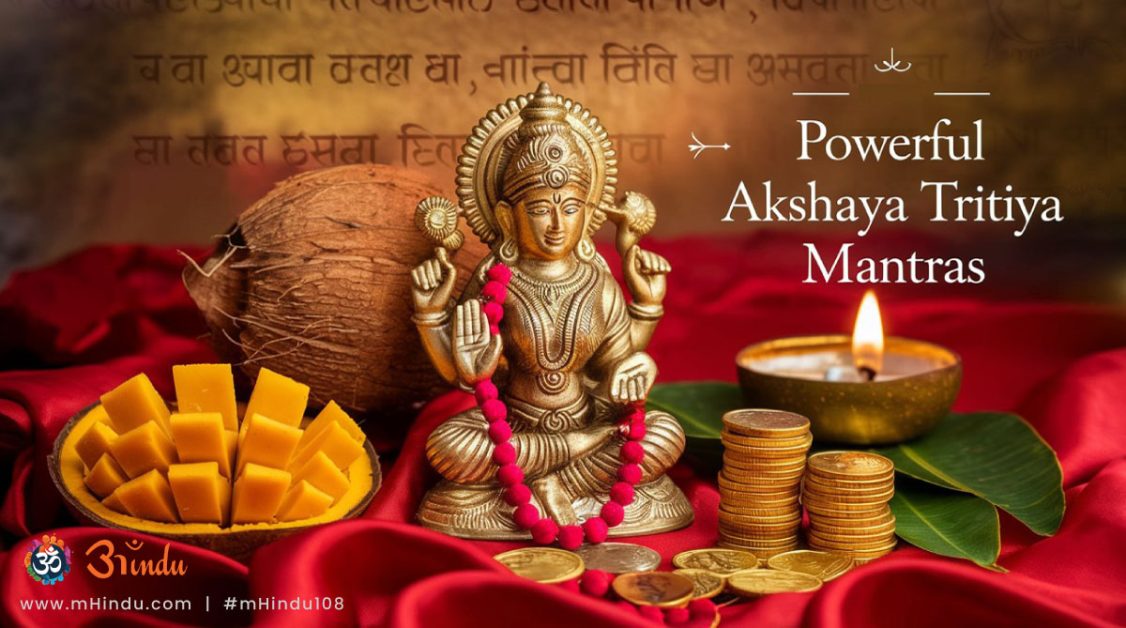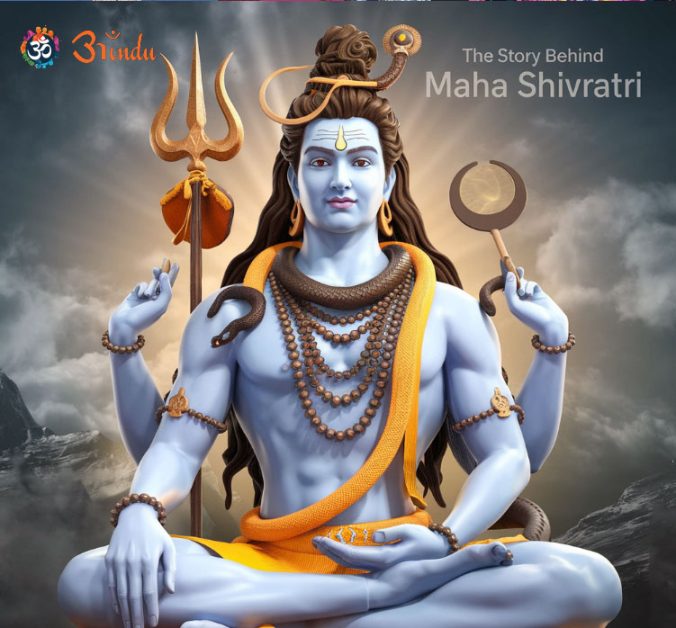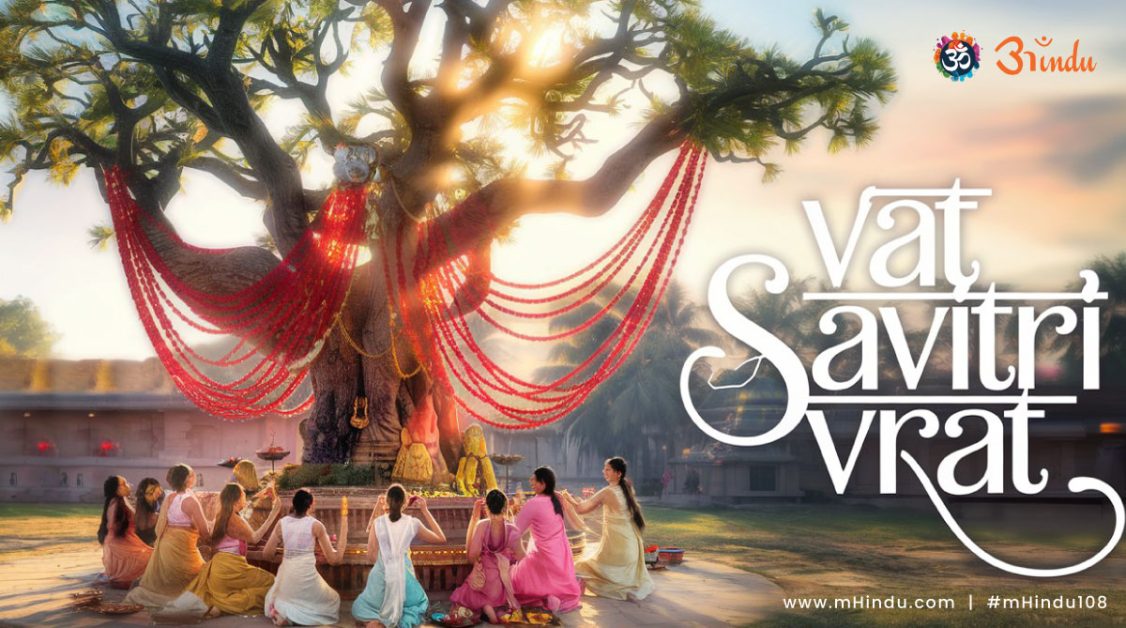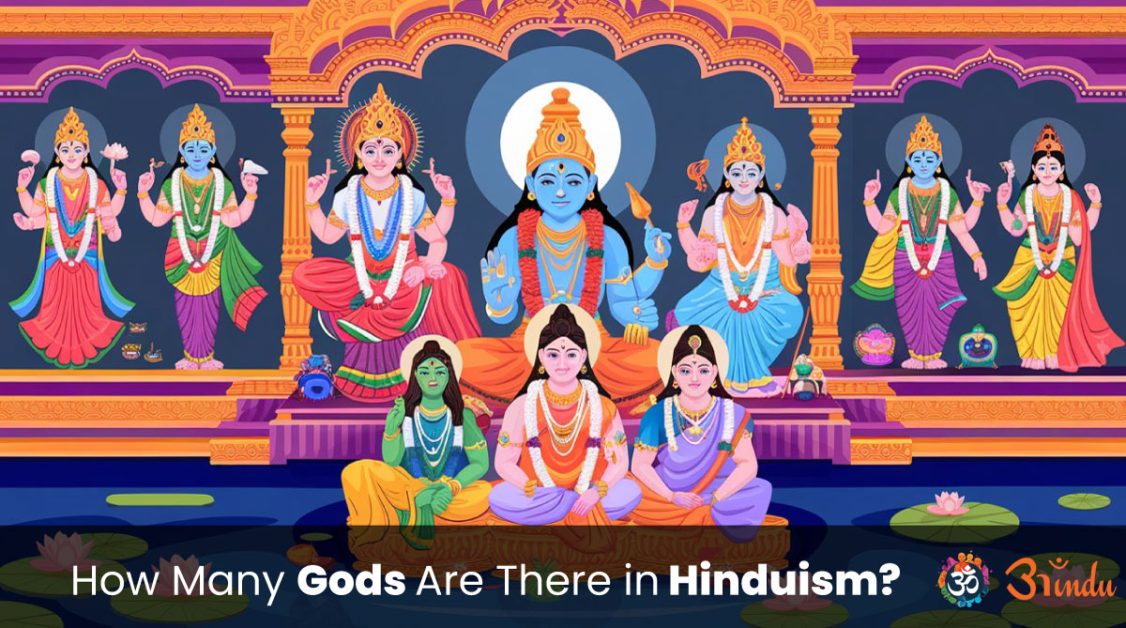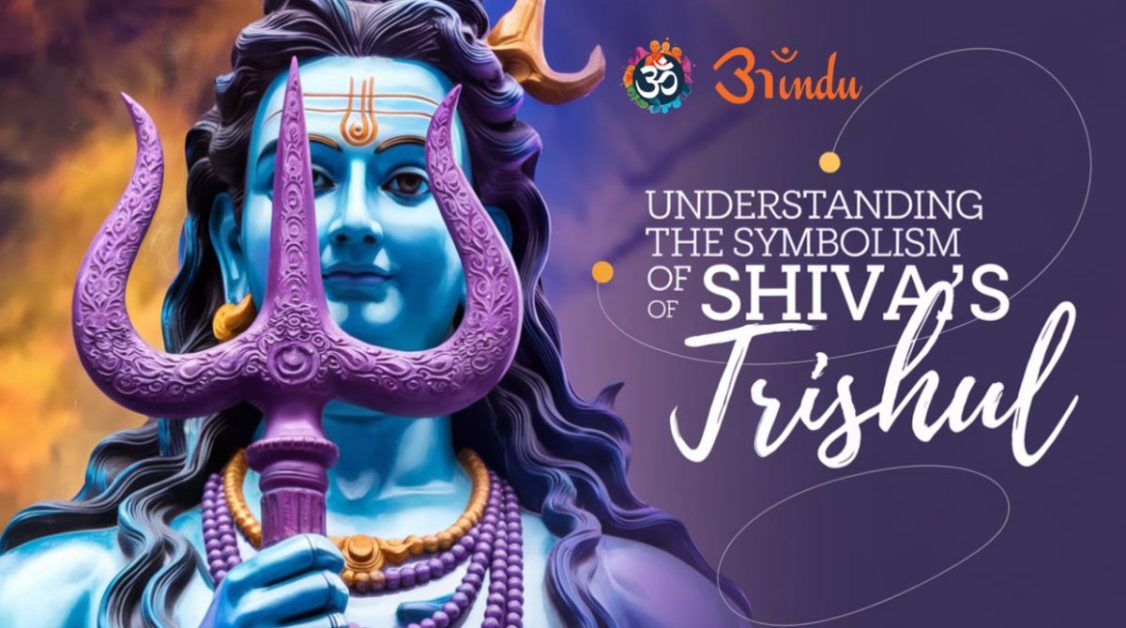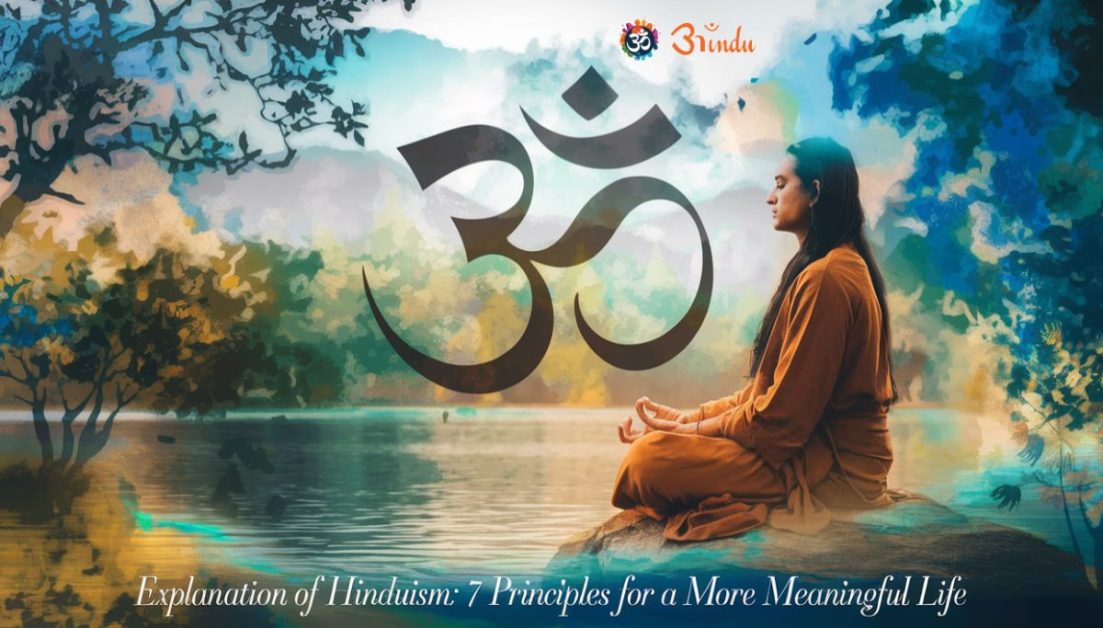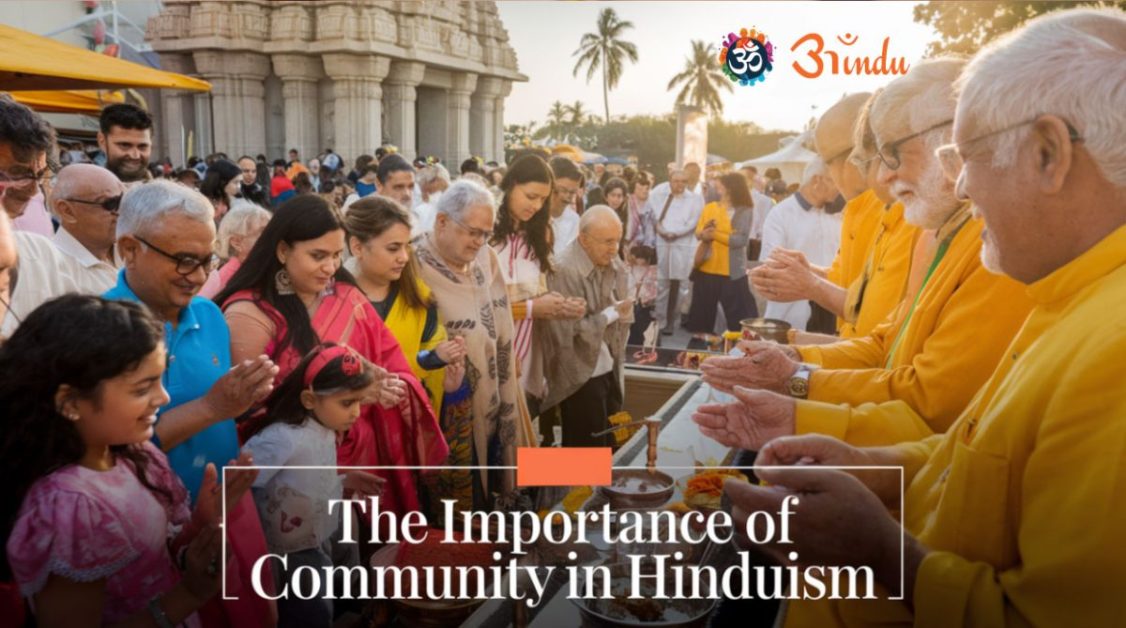
Importance of Community in Hinduism
Hinduism is not just a religion; it is a way of life that has been passed down through generations. One of its core principles is community, which plays a vital role in preserving traditions, fostering spiritual growth, and ensuring social harmony. Unlike many other religious traditions, Hinduism does not have a single central authority. Instead, it thrives on interconnected communities that uphold dharma, or righteous living.
Explore Blog Content
ToggleThe Concept of Community in Hinduism
Hinduism emphasizes samaj (society) and parivar (family), both of which are essential for individual and collective well-being. From temple congregations to local gatherings, the idea of unity and shared responsibility has always been central to Hindu philosophy. Whether through family traditions, village councils, or religious events, the sense of belonging within the Hindu community strengthens individual spiritual journeys.
"The world is one family," is a profound concept from ancient Hindu scriptures. It teaches us that beyond borders, religions, and differences, humanity is interconnected.Vasudhaiva Kutumbakam
The Role of Temples in Hindu Communities
Temples are not just places of worship; they are cultural and social hubs that unite people. Throughout history, Hindu temples have functioned as centers for education, charity, and governance. They serve as gathering places where people come together for festivals, prayers, and discussions on dharma.
- Festivals and Community Celebrations Hindu festivals like Diwali, Navratri, and Makar Sankranti are not just personal celebrations but massive community gatherings. These festivals foster unity and encourage people to share joy, food, and wisdom.
- Charitable Activities and Seva Many temples organize free food distribution (annadanam), educational initiatives, and medical camps. The Hindu belief in seva (selfless service) ensures that individuals contribute to the welfare of their community.
Family: The First Hindu Community
In Hindu culture, the family is the fundamental unit of society. Respect for elders, care for the young, and joint decision-making are deeply embedded in Hindu traditions. The concept of a joint family ensures that values, rituals, and responsibilities are shared and passed on to future generations.
- Respect for Elders Hinduism teaches that elders are repositories of wisdom. Their blessings (ashirwad) are considered powerful, and their guidance is sought in all major decisions.
- Grihastha Ashrama: The Householder’s Duty According to Hindu scriptures, life is divided into four stages (ashramas), and the Grihastha Ashrama (householder phase) is vital. This stage emphasizes fulfilling one’s responsibilities towards family and society.
Festivals and Rituals: Strengthening the Community
Hindu rituals and festivals are designed to bring people together, reinforcing bonds and collective identity.
- Kumbh Mela: The Largest Spiritual Gathering The Kumbh Mela, held every twelve years, is the largest peaceful gathering in the world, attracting millions of devotees. It is a testament to the strength of the Hindu community and the shared belief in spiritual purification.
- Ratha Yatra and Other Processions Many Hindu festivals include public processions, like the Jagannath Ratha Yatra, where thousands come together to pull the chariots of deities. Such events foster unity and reinforce cultural traditions.
Caste System and Its Evolution
Historically, Hindu society was divided into varnas, which later became rigid castes. While the caste system has been a subject of debate, it originally functioned as a division of labor and community organization.
- Changes in Modern Society With urbanization and globalization, caste-based restrictions have diminished significantly. Inter-caste marriages and shared community events are breaking down barriers and fostering inclusivity.
The Hindu Diaspora: Communities Beyond Borders
Hindu communities are spread across the globe, and despite geographical distances, they remain deeply connected through religious practices, cultural festivals, and Hindu temples.
- Preserving Traditions Abroad Countries like the USA, UK, and Canada have thriving Hindu communities that actively maintain cultural and religious traditions.
- Hindu Organizations Groups like ISKCON, VHP, and local temple trusts ensure that Hindu culture and teachings are preserved even outside India.
Community and Social Responsibility in Hinduism
Hinduism teaches that every individual has a duty (dharma) toward their community.
- Dana: The Act of Giving Charity (dana) is considered an essential part of dharma. Many Hindus contribute to society by supporting education, healthcare, and temple activities.
- Environmental Responsibility Hinduism places great importance on nature worship. Rivers like the Ganga and mountains like the Himalayas are considered sacred, and community-driven efforts for their preservation have been ongoing.
Conclusion
The Hindu community is a living embodiment of spiritual and cultural unity. From temples to family traditions, from festivals to global diaspora, the sense of belonging and shared values keeps Hinduism vibrant. By staying connected and upholding dharma, the Hindu community continues to thrive in both traditional and modern settings.

